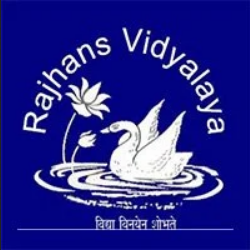WORKSHOP ON BALANCED DIET AND NUTRITION FOR TEENAGERS- 22 APRIL 2025
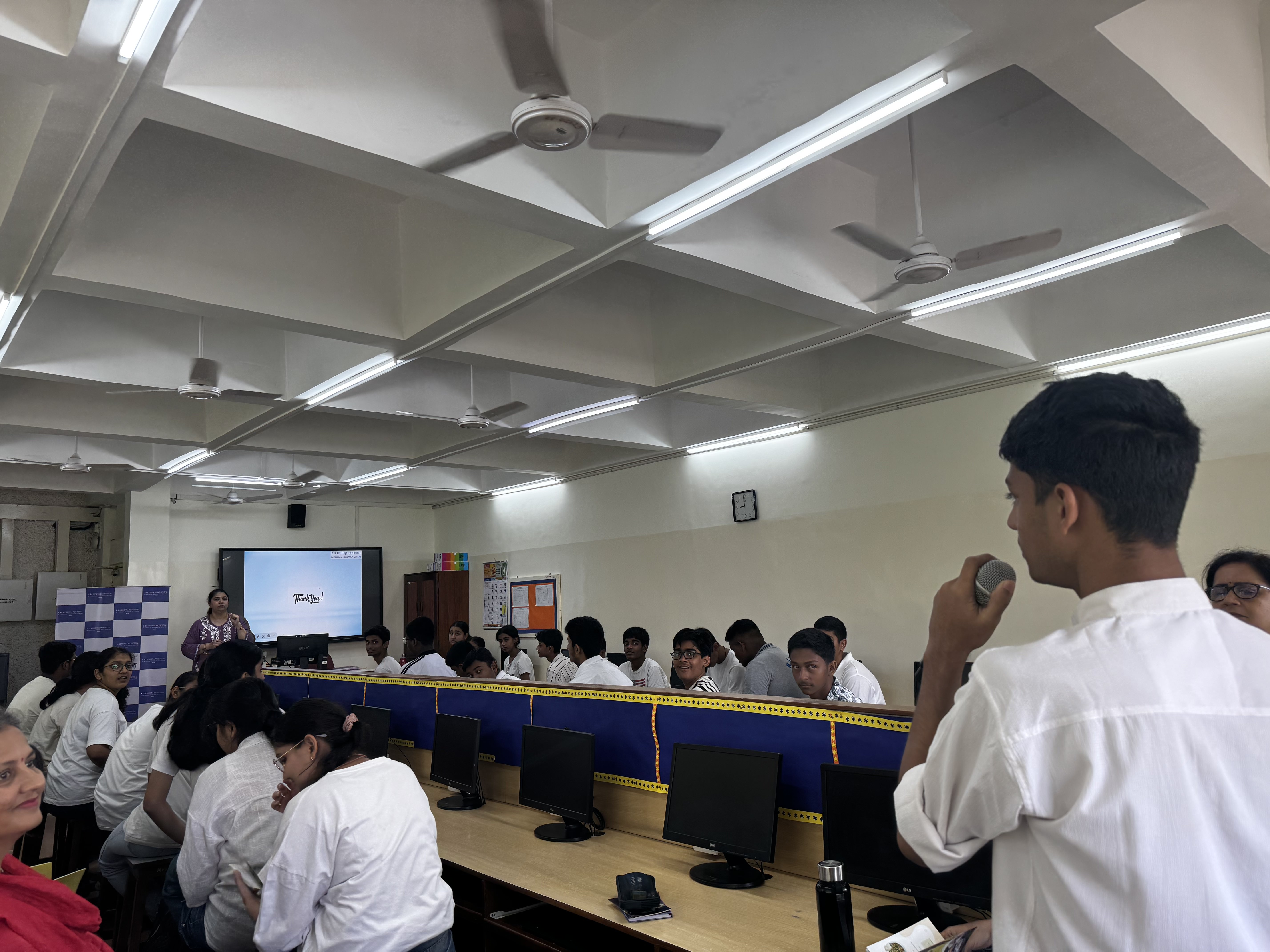
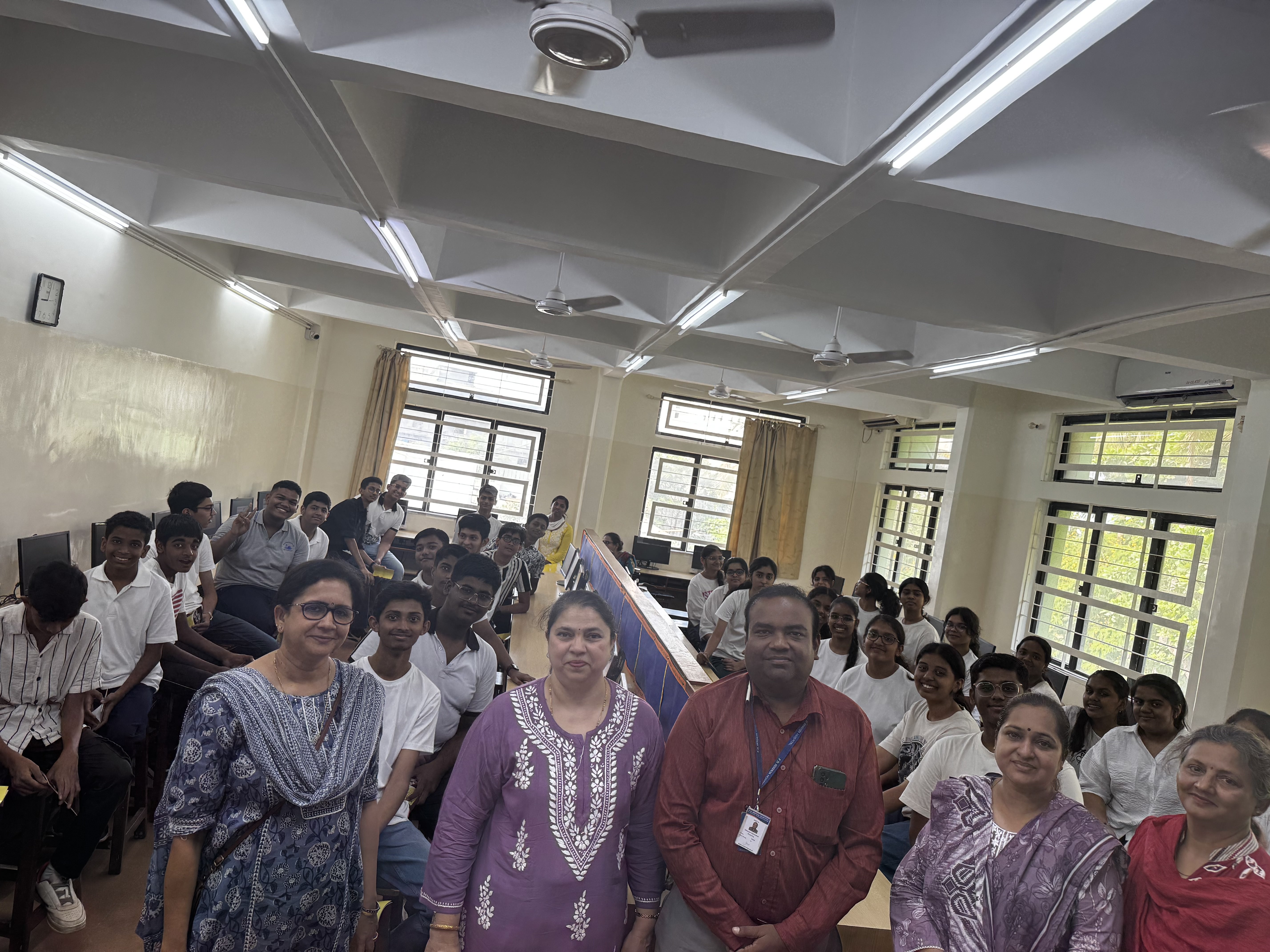
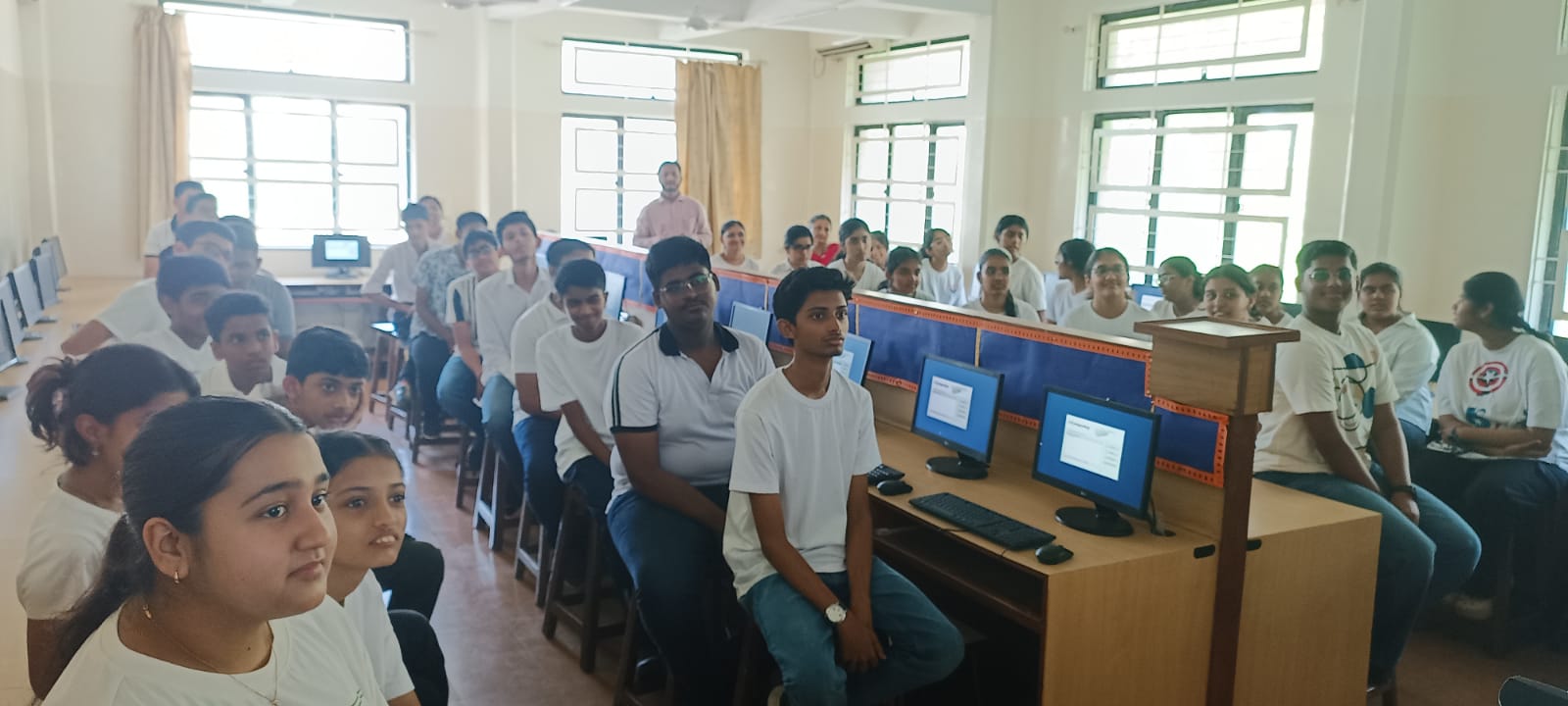
.jpg)
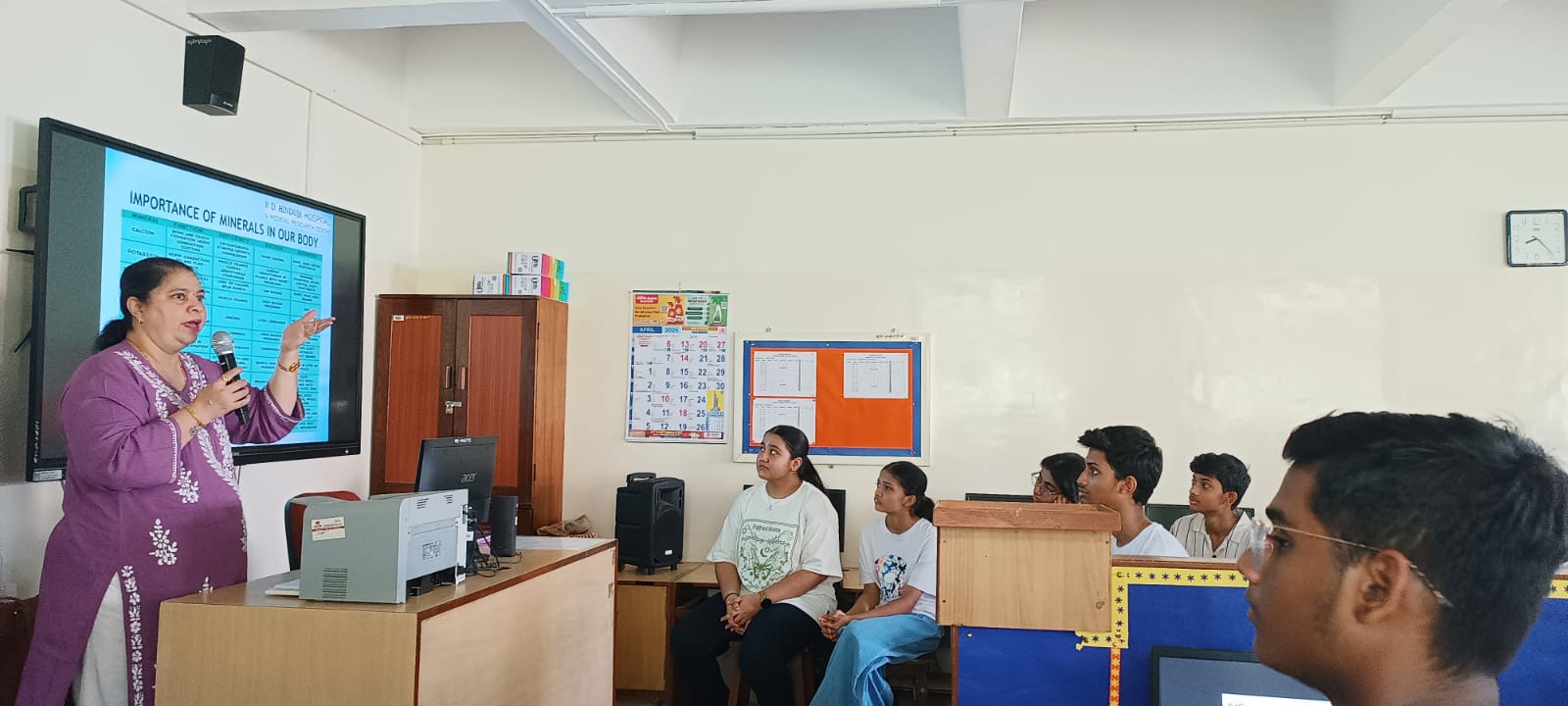
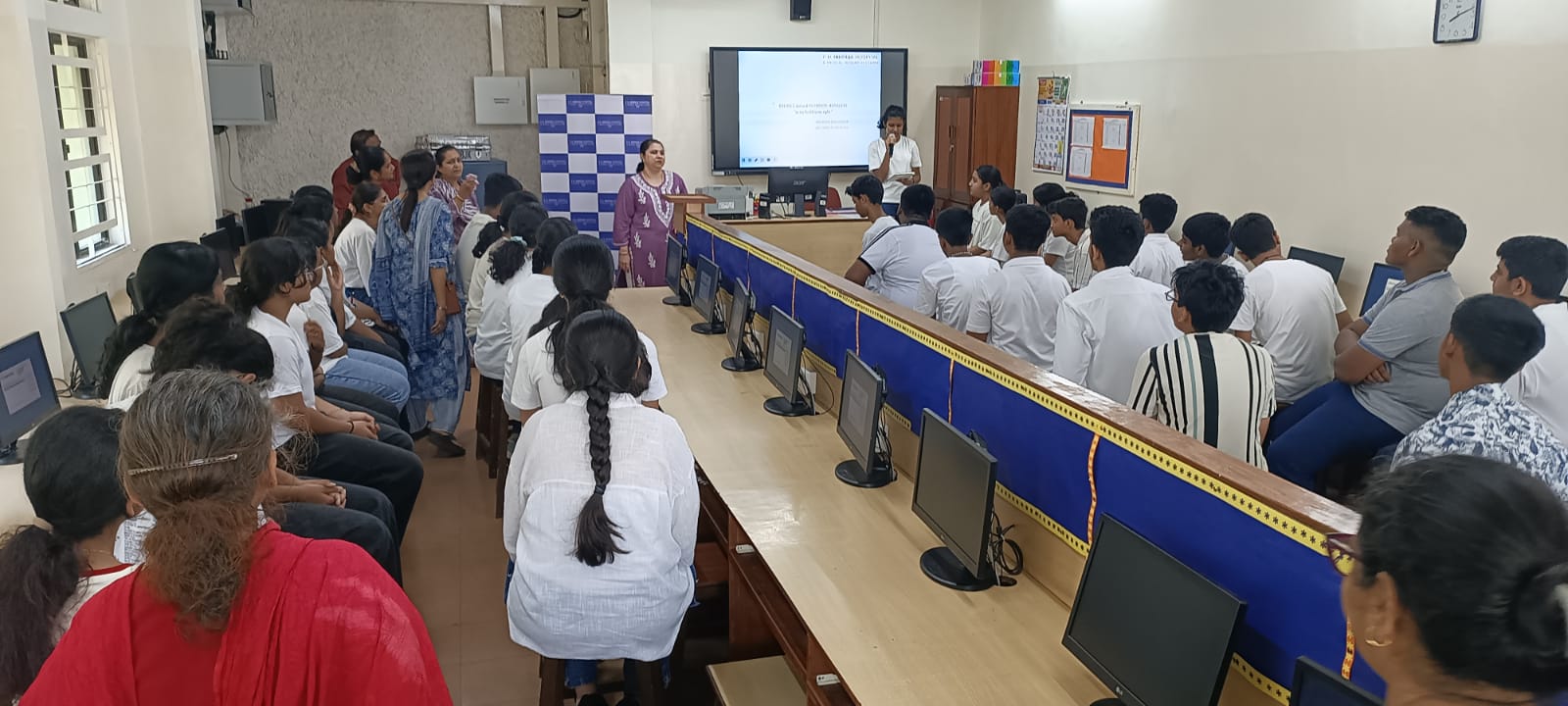
On April 22, 2025, Rajhans Vidyalaya conducted an engaging and informative workshop for Grade XI students on the importance of nutrition and maintaining a balanced diet. The session took place from 8:15 a.m. to 9:15 a.m. within the school premises and was led by the highly experienced Clinical Dietician, Mrs. Rutu Dhodapkar.
Mrs. Dhodapkar, who currently heads the Clinical Dietetics Department at P.D. Hinduja Hospital and MRC, Khar Unit I, brought with her over 25 years of expertise in the field of Dietetics and Therapeutic Nutrition Management. She was accompanied by Mr. Ganaysh Mahankali, Marketing Executive from Hinduja Hospital.
The workshop aimed to raise awareness among students about the essential role of nutrition in physical and mental development. Mrs. Dhodapkar emphasized the importance of a balanced diet filled with essential nutrients, vitamins, and minerals. She introduced the healthy eating pyramid and encouraged the inclusion of whole grains, fruits, vegetables, lean proteins, and healthy fats.
Key topics covered included:
- Daily nutrient intake guidelines
- The role of vitamins, minerals, and macronutrients
- Mindful food choices and healthy eating habits
Mrs. Dhodapkar also introduced the concept of the “Rainbow Diet”, which encourages eating a variety of colorful fruits and vegetables to ensure a wide range of nutrients. She spoke about vegan food options, highlighting that a well-planned vegan diet can provide all essential nutrients, if supplemented thoughtfully. She encouraged students to start their day with milk (or plant-based alternatives), fresh fruits, or wholesome cereals, emphasizing that breakfast is the most important meal of the day and should never be skipped.
Healthy alternatives were discussed, including:
- Millets like Jowar, Bajra, and Ragi
- Nutritious snacks such as fresh fruits, raw vegetables, nuts, and whole grain crackers
Mrs. Dhodapkar addressed typical teenage dietary concerns such as nutrient deficiencies and peer pressure. She laid out her “Golden Rules” of Healthy Eating:
- Never skip meals, especially breakfast
- Eat a wide variety of foods
- Stay hydrated
- Practice mindful eating
The session was highly interactive, with students posing thoughtful queries. One of the popular questions was whether Diet Coke is a healthy choice. Mrs. Dhodapkar clarified that while diet sodas may contain fewer calories, they often include artificial sweeteners and lack any real nutritional value. Regular consumption can affect taste preferences and may not support long-term health.
Another interesting query was about the difference between pea protein and whey protein. Mrs. Dhodapkar explained:
- Whey protein is derived from milk and is rich in essential amino acids, making it highly effective for muscle growth and recovery.
- Pea protein, a plant-based alternative, is hypoallergenic, easily digestible, and suitable for those who are lactose-intolerant or follow a vegan diet.
She noted that both have their benefits, and the "better" choice depends on individual dietary needs, lifestyle preferences, and any allergies or intolerances.
The session was both educational and empowering, offering students a deeper understanding of how nutrition directly impacts their overall health, energy, and academic performance. With practical advice and science-backed knowledge, students left better equipped to make conscious and nutritious choices for their future.

